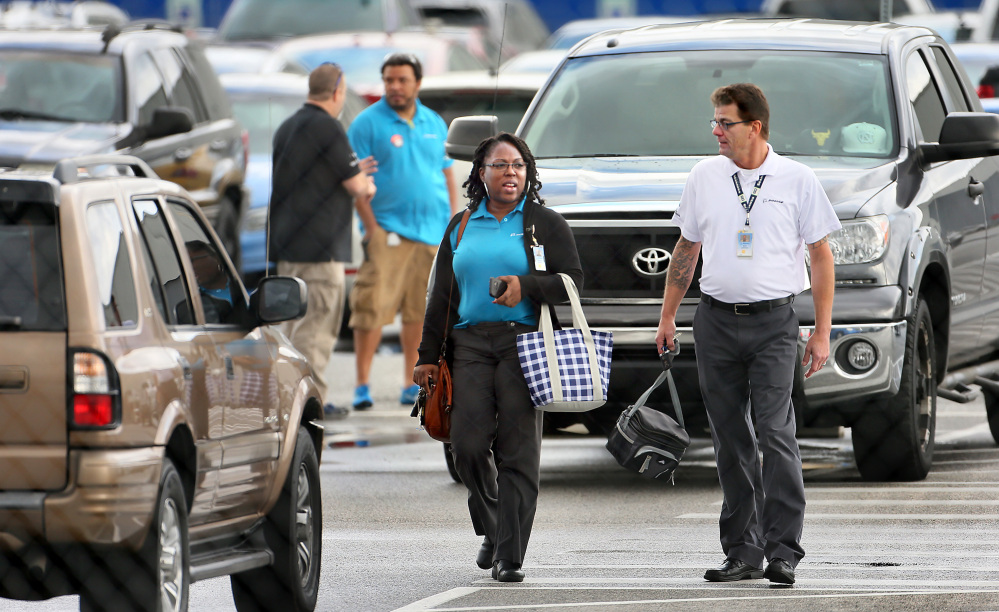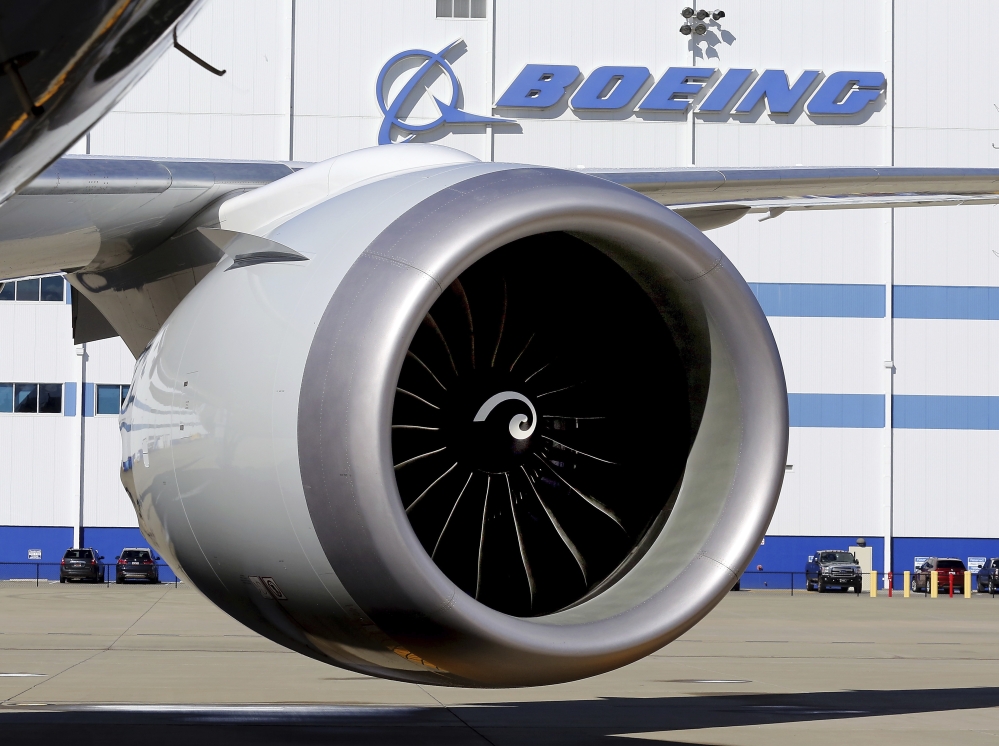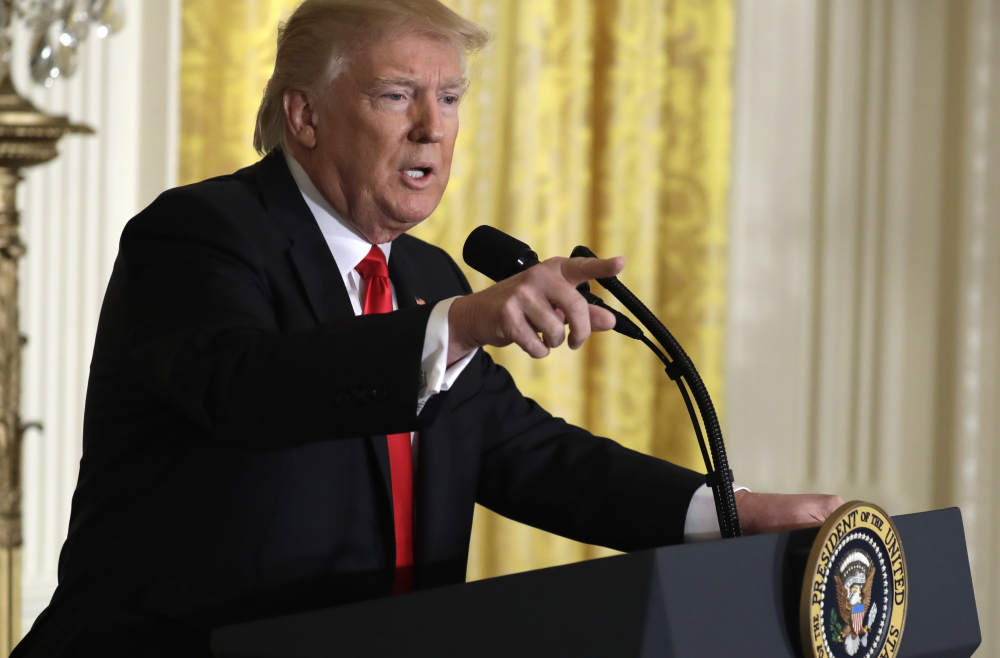COLUMBIA, S.C. — Boeing workers’ overwhelming anti-union vote at the aviation giant’s 787 Dreamliner plant in South Carolina is a big victory for Southern politicians and business leaders who have lured manufacturing jobs to the region on the promise of keeping unions out.
It’s also a win for the company that will host President Trump at its North Charleston facilities Friday.
Nearly 3,000 workers were eligible to vote Wednesday on representation by the International Association of Machinists and Aerospace workers. According to Boeing, nearly 74 percent of the more than 2,800 votes cast were against representation.
It was a massive victory for union opponents, in line with longstanding Southern aversion to collective bargaining. At 1.6 percent, South Carolina maintains the lowest percentage of unionized workers in the country, according to the U.S. Bureau of Labor Statistics. Its neighboring states, North Carolina and Georgia, hover slightly higher but still in low territory, at 3.0 and 3.9 percent, respectively.
Other large-scale Southern unionization efforts haven’t met recent success.
In 2014, Volkswagen workers in Chattanooga, Tennessee, turned down representation by the United Autoworkers. For years, organizers have campaigned for representation among Nissan workers in Canton, Mississippi, but no vote has been scheduled.
Boeing came to South Carolina in part because of the state’s minuscule union presence.
“I think a failed vote isn’t that big of a deal because that’s frankly the norm in the South,” said Jeffrey Hirsch, a law professor who specializes in labor relations at the University of North Carolina at Chapel Hill. “The culture here, at least in recent memory, has not been pro-union.”
Had the results at Boeing been reversed, Hirsch says, the ripple effect could have been dramatic.
Politicians such as former South Carolina Gov. Nikki Haley – who, directly and via her labor secretary Catherine Templeton, adamantly spoke against the need for unions here –- would be forced to rethink business recruitment strategies, and corporations also might think more carefully about locating in South Carolina.
“We’ll make the unions understand full well that they are not needed, not wanted and not welcome in the state of South Carolina,” Haley said in a 2012 address. She has since been appointed ambassador to the United Nations by Trump.
During her 2014 re-election campaign, Haley said she and others “discourage any companies that have unions from wanting to come to South Carolina because we don’t want to taint the water.”
Union opposition in this heavily Republican state is tied to politics, given Democrats’ longstanding ties to organized labor. Any lenience toward unions could be seen as giving Democrats a toehold in the state, where both legislative chambers and the governor’s office have long been controlled by Republicans.
Send questions/comments to the editors.





Success. Please wait for the page to reload. If the page does not reload within 5 seconds, please refresh the page.
Enter your email and password to access comments.
Hi, to comment on stories you must . This profile is in addition to your subscription and website login.
Already have a commenting profile? .
Invalid username/password.
Please check your email to confirm and complete your registration.
Only subscribers are eligible to post comments. Please subscribe or login first for digital access. Here’s why.
Use the form below to reset your password. When you've submitted your account email, we will send an email with a reset code.